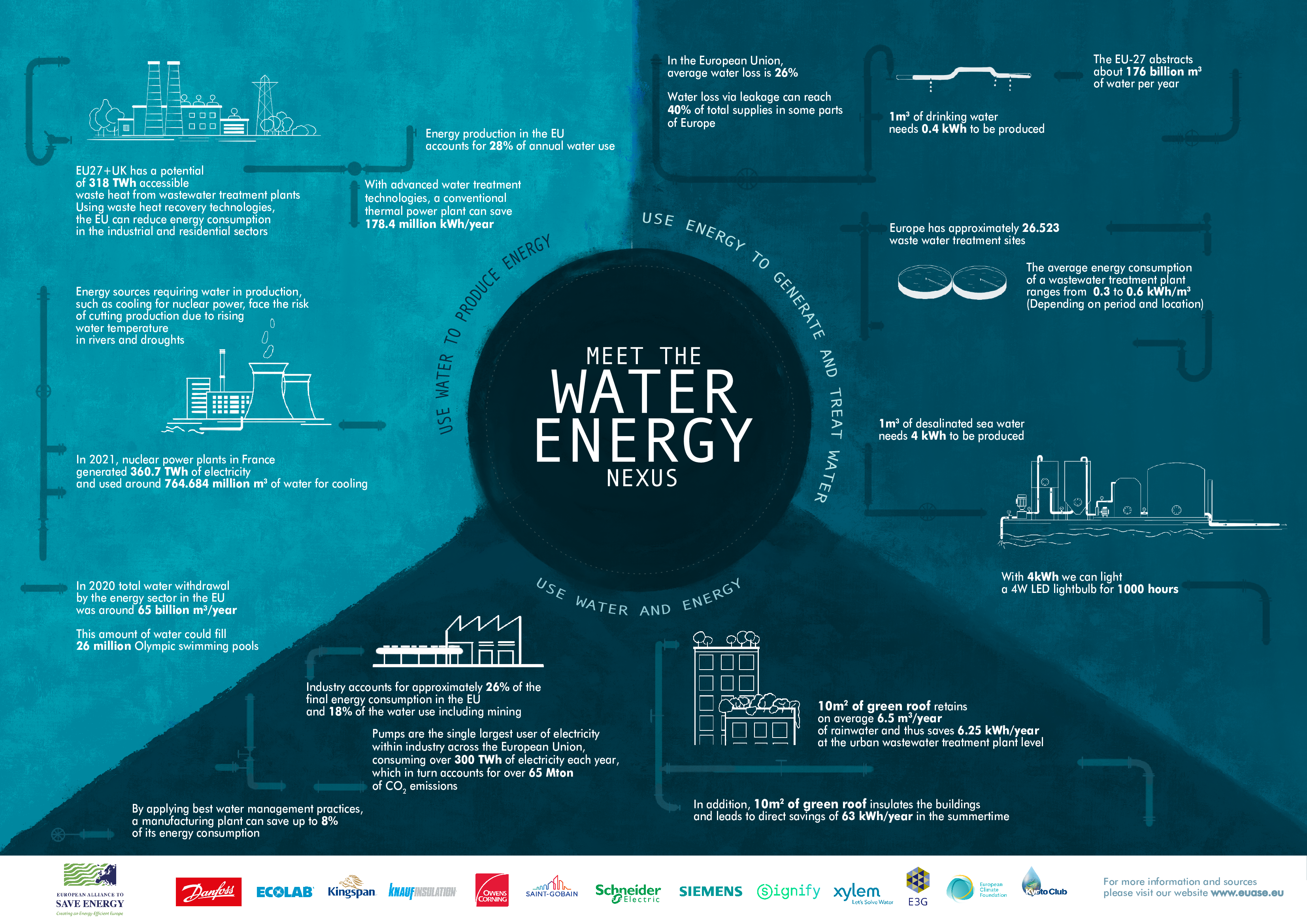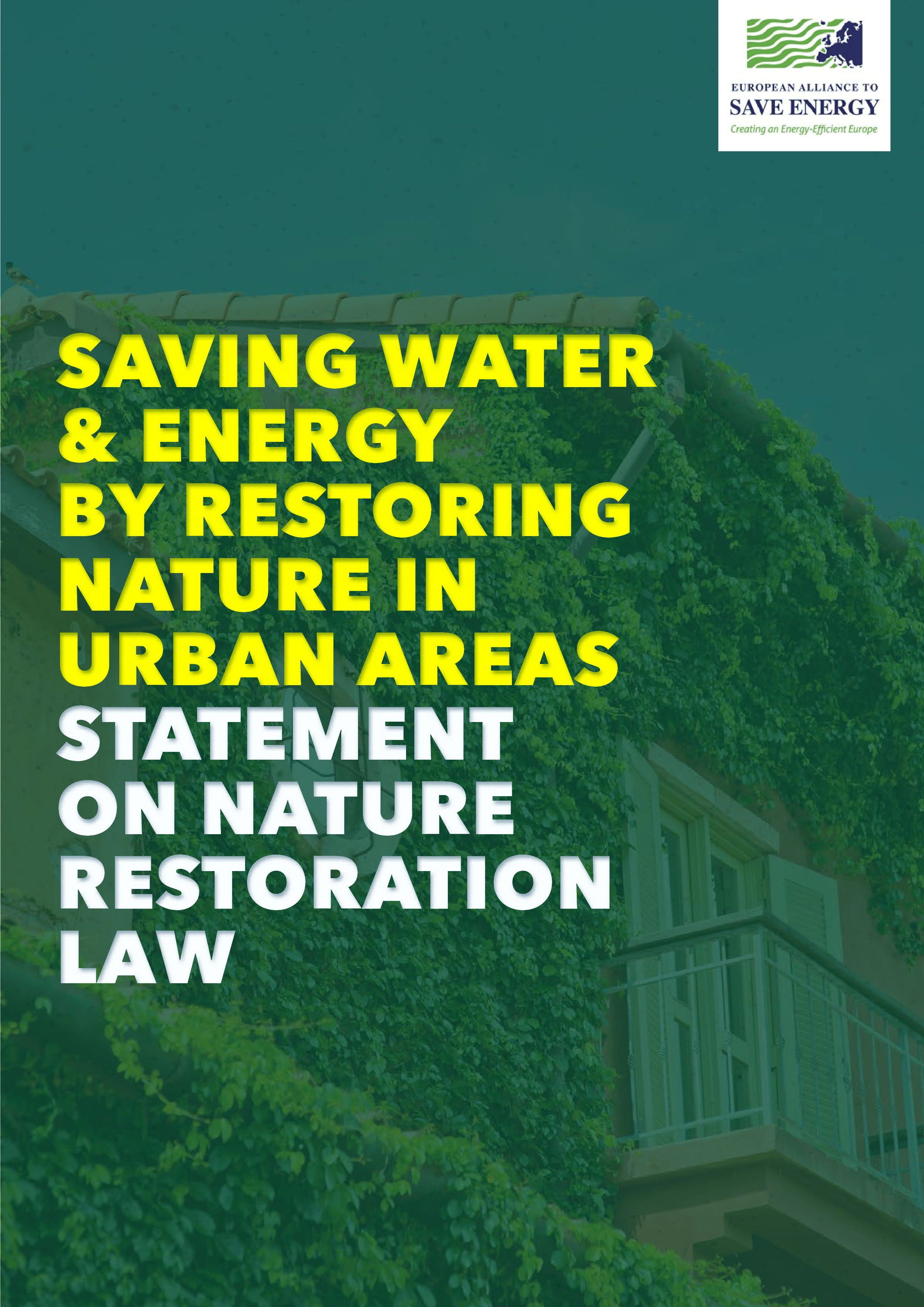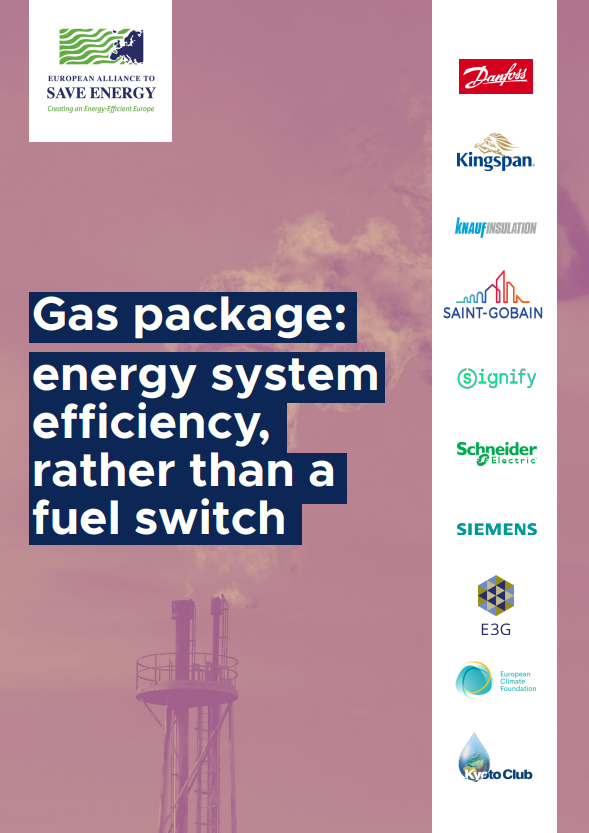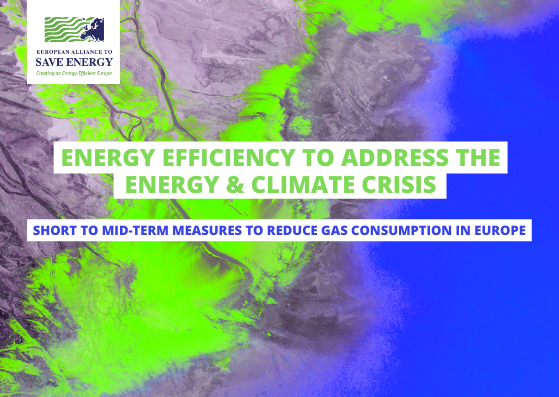Meet the Water-Energy Nexus
We are thrilled to share our latest publication, an informative infographic highlighting the Water-Energy Nexus. In today’s climate and energy crisis, understanding the water-energy nexus is crucial for driving substantial savings in both resources while reducing emissions and enhancing European industry competitiveness.
Meet the Water-Energy Nexus infographic, developed by The European Alliance to Save Energy with the support of our members.
Understanding the interdependent relationship between water and energy is crucial as we strive for sustainability and to combat the challenges of climate change. In these times of multiple crises, Europe is currently facing both energy and water crises. It is imperative that we join forces to address these challenges collectively. Recognizing the significance of the water-energy nexus, it is crucial for Europe to take decisive action and prioritize these issues without delay.
The infographic highlights:
– the connection between water consumption and produce energy
– the energy used to abstract and treat water
– the interlink between energy and water in sectors such as buildings and industry
This visual is a great tool to raise awareness about the water-energy nexus in relation to upcoming key moments of the ordinary legislative procedure related to:
– Industrial Emissions Directive (IED)
– Urban Wastewater Treatment Directive (UWWTD)
– Nature Restoration Law (NRL)
View the full infographic here
View section 1 in detail
View section 2 in detail
View section 3 in detail
In a fast-changing political and economic environment, 2025 was a year of continued efforts to strengthen security, stability, and competitiveness for European businesses.
Throughout the year, our work demonstrated that energy efficiency is not only essential to achieving climate goals, but also a key driver of innovation, energy independence and sustainable long-term growth across Europe.
Strong engagement with policymakers, combined with the successful organisation of the 4th European Energy Efficiency Day, highlighted the importance of collaboration and dialogue in advancing shared objectives. Partnerships across sectors and institutions remained central to delivering impact and shaping effective energy policies.
Looking ahead to 2026, we will intensify our efforts to secure the regulatory certainty that can accelerate the energy transition, while providing businesses with the investment confidence they need and strengthening Europe’s competitiveness.
Read the full Activity Report here.






